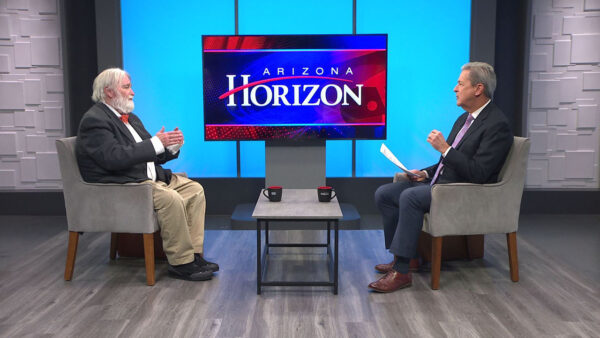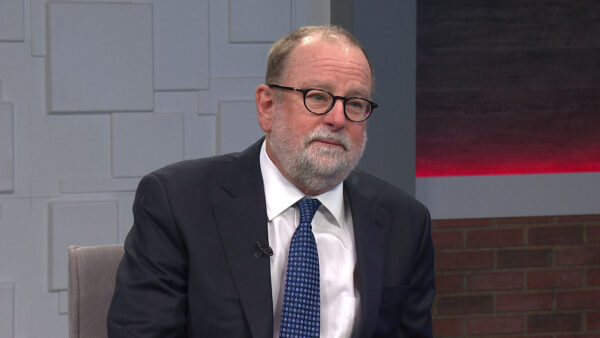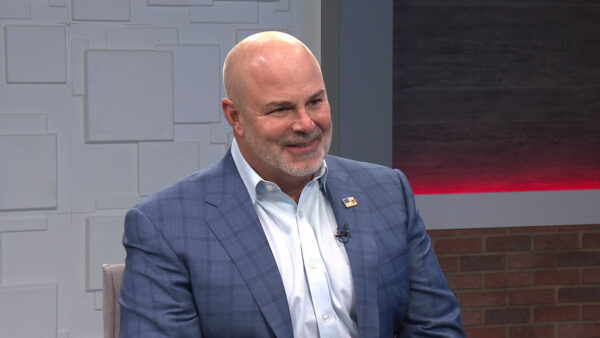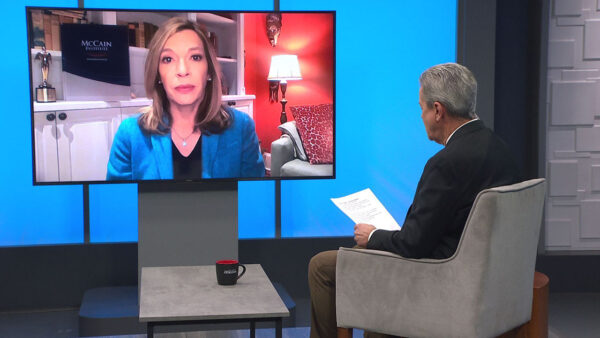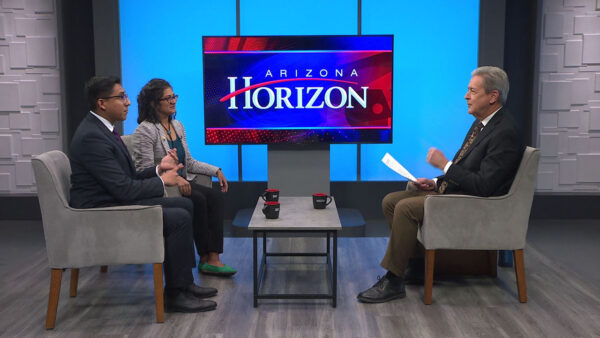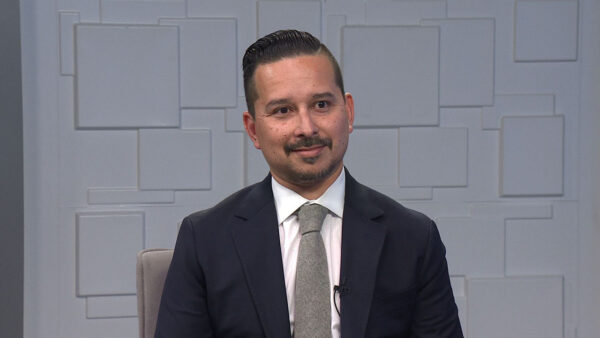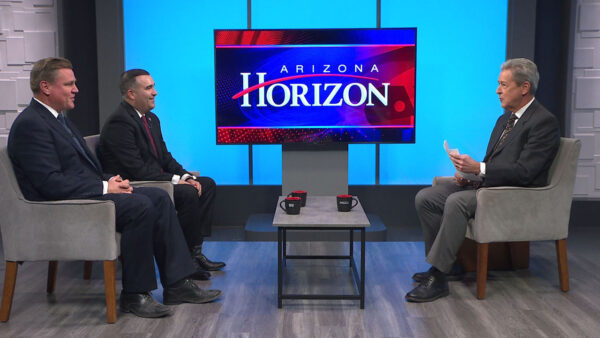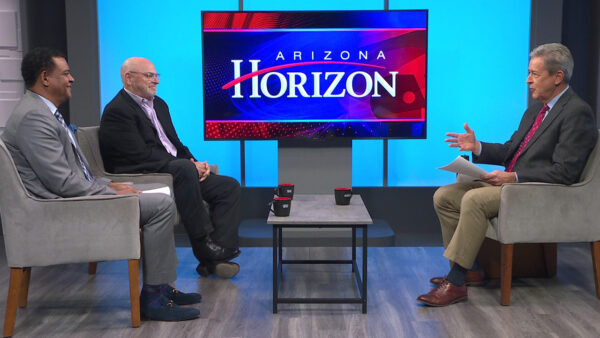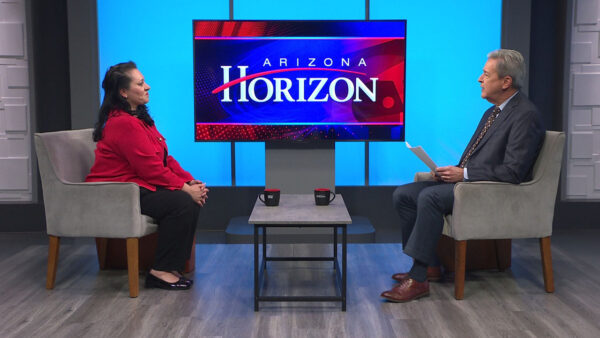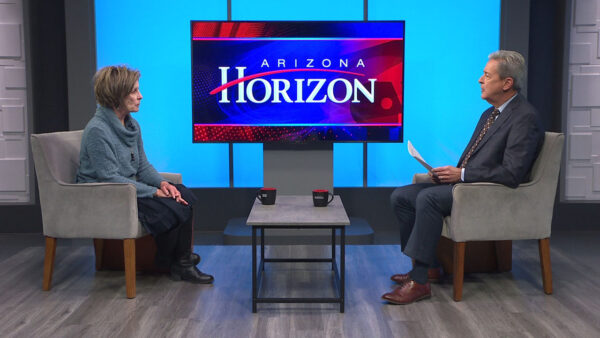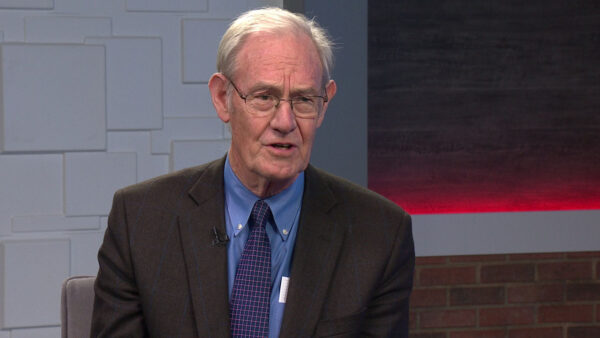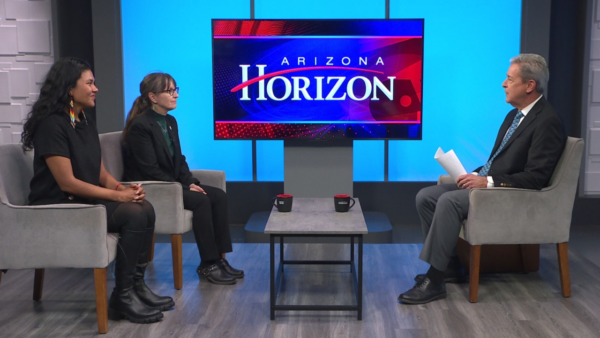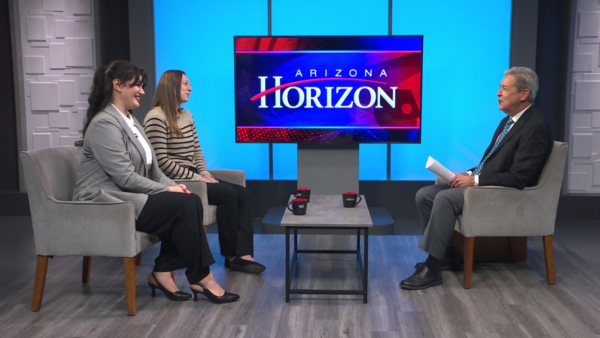The President and CEO of the Greater Phoenix Economic Council talks about a bill recently introduced by state lawmakers that offers economic incentives to renewable energy companies that move their headquarters or manufacturing facilities to Arizona.
Ted Simons
>> state lawmakers have introduced a bill that offers economic incentives to renewable energy companies that move their headquarters to Arizona, its an effort to create high paying jobs, stimulate the economy, and make Arizona a leader in renewable energy. earlier I talked about the renewable energy tax credit bill with Barry Broome, president and C.E.O. of the greater phoenix economic council.
Ted Simons
>>could this be described as a stimulus bill?
Barry Broome
>> well I wouldn't want to refer to it as stimulus because I think part of the business plan of Arizona is understanding how each of these industries we have a chance to compete on need to be effected through a state policy. so there's a tremendous amount of pent up capital and interest in this technology. I think it will have a run rate faster than the traditional economy, so from that standpoint, I think it will stimulate but it's a business plan for Arizona's future for the next 25, 30 years.
Ted Simons
>> what kind of renewable energy firms are targeted by this bill?
Barry Broome
>> the bill targets all firms. it could be biomass, fuel cells, wind technology or even wave technology. a lot of them are going to be intensive engineering and manufacturing components. so a lot of these have big materials connections to it. obviously, there's one renewable that's part of the future of Arizona and that's solar. due to the propensity for sun here in Arizona, solar is 40% more efficient in our state than typical states and our proximity to California within the next five years gives Arizona a chance to be an export player in technology to a place like California, plus service our own energy needs.
Ted Simons
>> what jobs are we talking about here? manufacturing, headquarter jobs, both?
Barry Broome
>> yeah, both. believe it or not, solar cells are a similar technology to semiconductor and when people think of Arizona having a advantage because of the sun, that's really a consumer issue. when you hear of the concentrated solar power investment, a farm out in rural Arizona, the permanent job impact on a project like that, might only be 85 jobs but the materials connected to this industry is very much an engineering play, very similar to semiconductor. So Arizona is one of the number two markets in the US in supplying semiconductor talent to the community college talent is important to this industry and it feeds into the workforce as well as the obvious of having the sun.
>> as far as attracting firms, looking mostly right now because of the nature of the beast at international firms?
Barry Broome
>> you know, the breakthrough in solar has occurred in Japan, Spain and Germany. what makes this exciting to us, Japan and Germany are the number two investors from a foreign market in Arizona year and year out. especially Japan, solar has reached parity with traditional power costs. so Germany is targets united states and target California as a place to do business and I think that puts Arizona in an excellent position. plus California, a place of great innovation, silicon valley is going to lead the united states in solar technology. California's cost of doing business really makes Arizona a natural for this industry to gestate. there's competition for this industry. new Mexico, Colorado, Washington and Oregon have made greater advances towards this technology than Arizona.
Ted Simons
>> and this bill in particular, how will this put us on a par or even ahead of the other states you just mentioned? what does it do, and compared to what has already been done?
Barry Broome
>> I think it's important to understand what the role is of a state strategy or state incentive. it isn't to replace overall competition. the reason Arizona is poised to succeed, the vision of Tucson electric power, our universities and a nice job by our legislators of keeping government small and keeping the cost of business competitive. what an incentive does is, it give a company a chance to evaluate your state with other states that have similar capabilities. Arizona has an identical workforce to Oregon. New Mexico and Texas have similar sun patterns to Arizona and we all have the ability to service California, and so this would be a 10% investment tax credit on capital. like the house bill number 2614 that recently passed, it will re-classify real-estate personal property taxes for 10 years and probably put Arizona in the top three in the nation and I think it will guarantee that Arizona will be one of the five states that solar clusters.
Ted Simons
>>I know it also has a requirement as far as salary is concerned and in terms of health care? Talk about that.
Barry Broome
>> one of the problems right now in Arizona's budget is we're home to a lot of working poor. we have a lot of people that work full time that cannot afford healthcare. this budget gets out of control because of things like access. We look at Arizona's economy, we create a lot of jobs in small business and healthcare is now becoming out of reach for small businesses to provide in their employees and in order to get this incentive, a company has to provide a traditional healthcare plan and plus it needs to pay 125% of the average of Arizona's current state median wage.
Barry Broome:President, Greater Phoenix Economic Council








